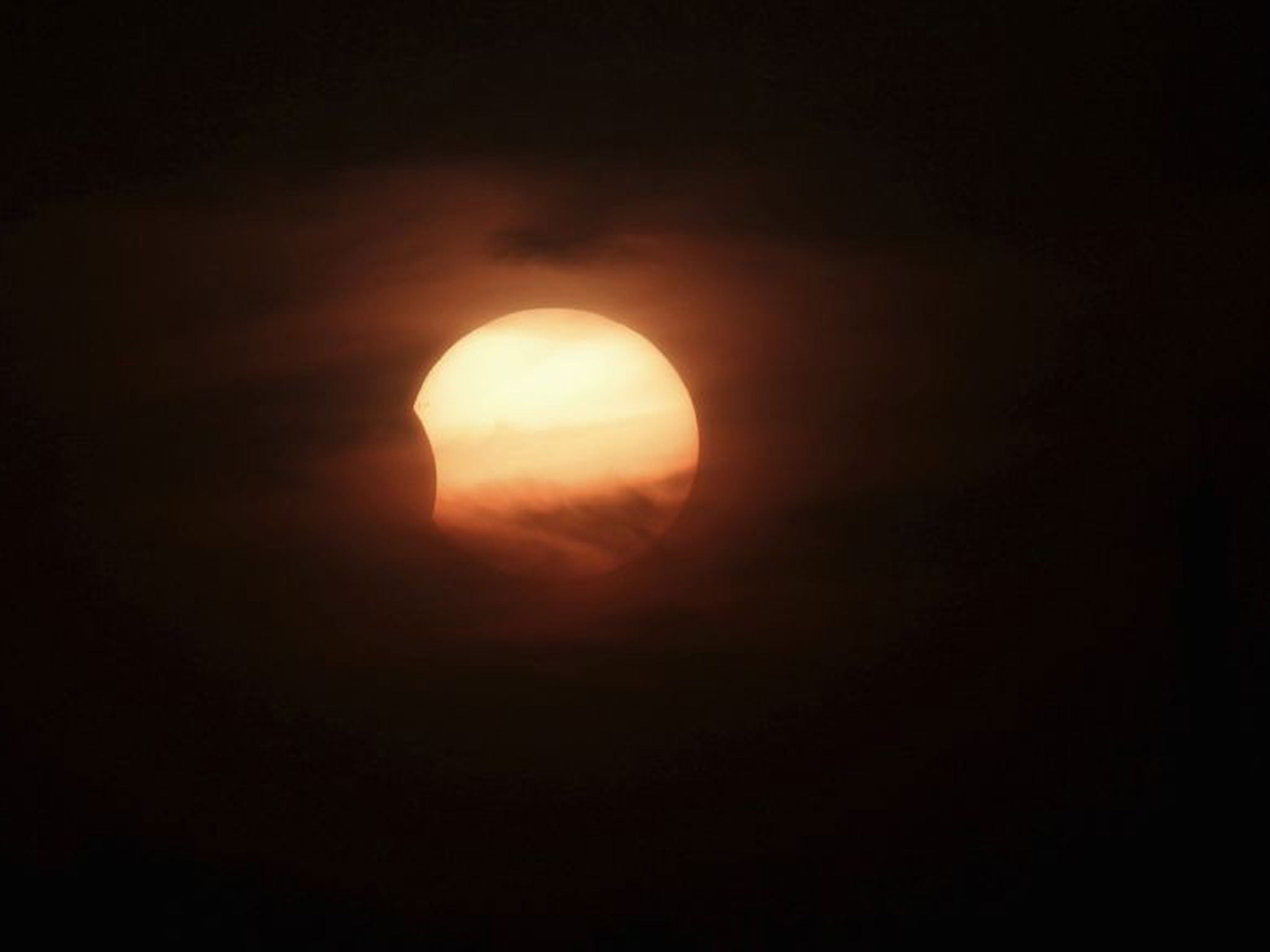
Billions of piece of Venus could be waiting to be discovered on the Moon, scientists have said.
Venus has long been of interest to researchers, who suggested that billions of years ago it could have had an environment like Earth’s, with a thin atmosphere and the presence of water.
But it is difficult to know much about the planet’s history without the ability to examine geological samples. That is difficult because just visiting the planet is difficult – it is a hot and acidic world that has been likened to hell – let alone staying there long enough to collect samples or bring them back.
A new solution proposed by Yale researchers, however, suggests that such complicated work might not be necessary. Bits of Venus could be sitting much nearer and more easily accessible than we had realised, astronomers Samuel Cabot and Gregory Laughlin suggest in a new paper to be published in the Planetary Science Journal.
As asteroids and comets slammed into Venus, they could have sent as many as 10 billion rocks into orbit around our solar system, the researchers suggest. Eventually, those orbits would cross over with Earth and our Moon, and some of the rocks would land on the lunar surface as meteorites, they suggest.
Such collisions would be rare. But the Moon’s surface would be a good place for even ancient pieces of Venus to stick around, laying ready for human visitors to find.
“The moon offers safe keeping for these ancient rocks,” Cabot said in a statement. “Anything from Venus that landed on Earth is probably buried very deep, due to geological activity. These rocks would be much better preserved on the moon.”
The researchers suggest that future trips to the Moon – including the Artemis missions that Nasa plans to launch this decade – could allow for more lunar soil to be picked up and brought back than ever before. Chemical analysis would be able to indicate where those rocks originally came from, including if they were from Venus.
“An ancient fragment of Venus would contain a wealth of information,” Laughlin said. “Venus’ history is closely tied to important topics in planetary science, including the past influx of asteroids and comets, atmospheric histories of the inner planets, and the abundance of liquid water.”
